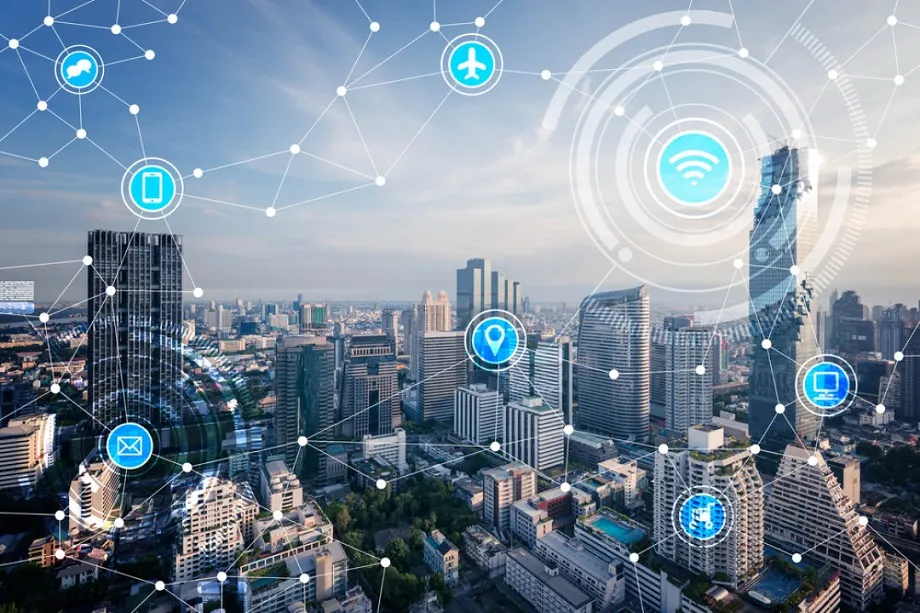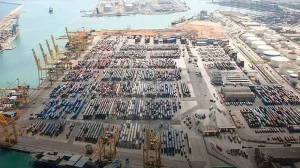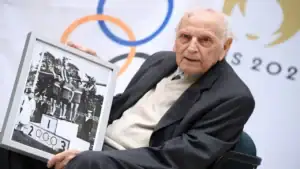Islamabad/Dubai, April 04: For any city aspiring to become a global hub for technology and startups, attracting the right talent is paramount.
Dubai has perfected this strategy, demonstrating how proactive government initiatives and a thriving ecosystem can pull in top-tier innovators from around the world.
A prime example is Raakin Iqbal, an entrepreneur who stumbled upon an opportunity in Artificial General Intelligence (AGI) while in the United States.
Noticing limitations in AI platforms like ChatGPT, he delved into AGI research, exploring how AI could evolve beyond existing models to fully comprehend human cultural nuances.
Dubai’s Swift Move to Secure a Tech Pioneer
With extensive research in hand, Iqbal happened to be in Dubai, where he casually shared his findings with key players in the region.
Soon after, he received an unexpected call from the Dubai Future Foundation and Dubai Center of Artificial Intelligence.
Upon learning he had left the country, Dubai officials arranged for his return—covering his flight and accommodation for several months.
During his stay, he was presented with over 100 use cases across various government ministries, identifying where his AI research could be applied. Fast forward two years, and Iqbal is now based in Dubai, leading an emerging tech startup in AI.
Read More: The 100 Top Guns of Dubai: Emirates CEO, Emaar Head Leading
His company, Nucleus AI, operates at the cutting edge of frontier technology—a term used for breakthrough innovations that bridge research and practical application. Since its founding, Nucleus AI has collaborated with Dubai Airports, the Dubai Blockchain Centre, and the Dubai Land Department, among other government agencies.
The startup has already secured approximately $1 million in funding and boasts backing from tech giants NVIDIA and Amazon Web Services (AWS).
What Nucleus AI Brings to the Table
At its core, Nucleus AI provides organizations with an “AI brain”, designed to function similarly to a human brain. By ingesting a company’s data, the AI self-learns everything about that specific industry, making it a powerful tool for automation, analysis, and strategy.
For example, the system can serve as an advanced customer service bot, replacing tier-one and tier-two employees with intelligent automation.
It can also monitor global geopolitical events in real time and apply insights to help companies refine their strategies dynamically.
What makes this AI stand out, according to Iqbal, is its ability to understand emotions, context, reasoning, and the relationships between different variables—bringing it closer to human-like intelligence than most commercial AI products available today.
Also Read: Living Among World Richest Elite in Dubai; A Dream
Currently, Nucleus AI is running a pilot program for ATOM (Augmented Transference Operational Matrix)—an AI framework built to assist governments in their digital transformation efforts.
The system is undergoing testing with regulatory bodies in Dubai, aiming to streamline governance by centralizing digital frameworks across various departments.
Dubai’s Government: A Model of Innovation
Reflecting on his journey, Iqbal commended Dubai’s leadership, particularly Sheikh Mohammed bin Rashid Al Maktoum, for fostering a forward-thinking environment.
“The best way to describe it is through Sheikh Mohammed’s words: ‘Innovation in government is a necessity if you want to advance.’ And this isn’t just rhetoric—Dubai actively embraces this philosophy, positioning itself as a model for the future.”
Another key advantage of being in Dubai is the unparalleled access to global capital. The city’s tight-knit ecosystem allows innovators to network effortlessly, building valuable connections that lead to funding, partnerships, and contracts.
“In Dubai, you’re constantly in motion. The energy here pushes you to bring your ideas to life,” Iqbal explained. “While Silicon Valley has a similar drive, Dubai’s scale and ambition take it even further.”
With plans for an investor roadshow, Iqbal is set to showcase his AI advancements to a global audience. His message is clear: the future of groundbreaking tech is no longer exclusive to Silicon Valley—it’s emerging from Dubai.









